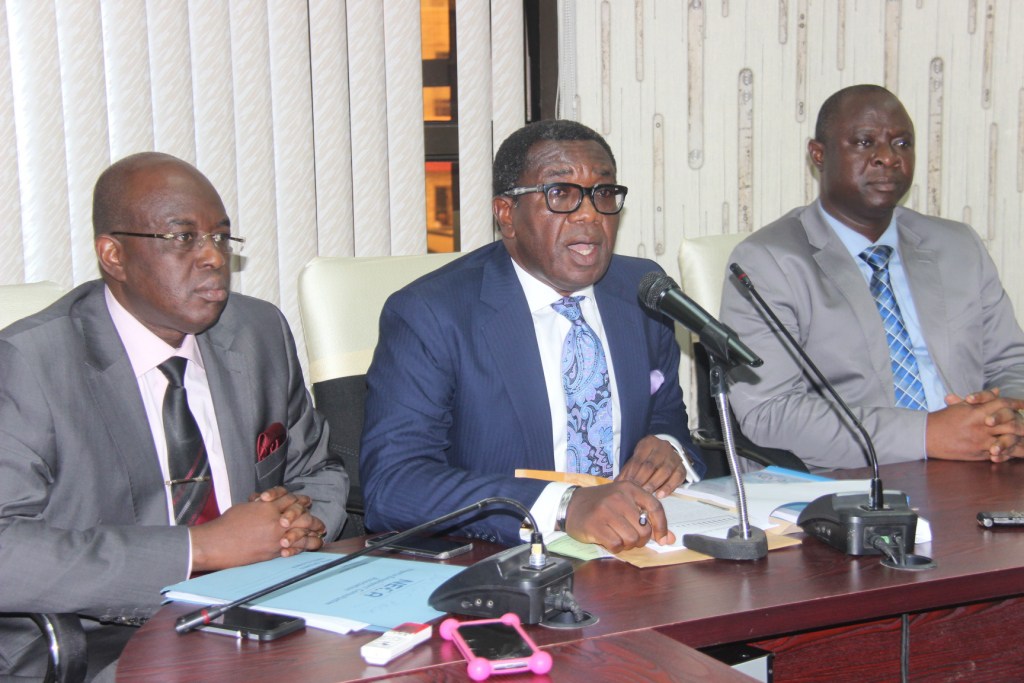Nigeria employers seek monetary push to ease high interest rate
June 26, 20174K views0 comments
The Nigerian Employers Consultative Association (NECA), an arm of the Organised Private Sector in Africa’s largest economy by gross domestic products and population, is canvassing that the monetary authorities pursue measures that would help reflate the economy through monetary easing and reduction of currently high interest rate that are harming growth.
Larry Etta, president of NECA, at its governing council meeting in Lagos, said it was expected practice in economic management that the correct posture during a recession is a reflationary fiscal stance by government and monetary easing, including reduction in interest rates.
He lamented that rather than following the ideal, the monetary authorities have maintained tight monetary policy and raised interest rates.
“We are of the view that this approach is sub-optimal and has failed. It is based on an erroneous assumption that tight monetary policy would constrain inflation and temper pressures on the naira.

“Instead, the actual experience confirms that Nigerian inflation is driven by cost elements, usually currency devaluation and food and energy prices, while naira values are shaped by oil prices and the forex reserves rather than monetary conditions, especially as CBN has maintained administrative control of the currency value,” he said.
Manufacturers and other employers of labour are having to cope with the triple whammy of recession, high inflation and high-interest rates caused by the wrong policy choices made by the monetary authorities, Etta said.
Read Also:
- Outsourcing vs. Offshoring: Why Consumers Push Back on Jobs Sent Abroad
- Nigerian Breweries taps Sarah Agha to lead marketing amid EverGreen 2030 push
- Stakeholders split over CBN’s rate hold as economic pressures persist
- Aradel rally powers NGX to historic high as investors pocket N583bn
- Equities market hits all-time high as ASI climbs to 111,902.61on…
Global oil prices inch up on hopes of oil glut abating as US refineries back online
Ahead of the next Monetary Policy Committee meeting, Etta is urging the CBN to move towards lowering interest rates and, specifically, reduce the Monetary Policy Rate (MPR), which has been kept at 14 per cent since July 2016.
He blamed the current interest rate regime for crowding out the private sector from access to credit in favour of the governemtn. Data from the CBN demonstrates that credit expansion to government is outgrowing by large margins against credit to the private sector.
This year alone, from February to April, while credit to government grew by 3.10 per cent, 27.81 per cent and 7.54 per cent respectively, private sector credit grew marginally in February by 0.10 per cent; declined by 1.89 per cent in March, and also declined by 1.48 per cent in April on a month-on-month basis.
Measured year-on-year credit to government expanded by 15.43 per cent, 19.76 per cent, 37.46 per cent and 42.15 per cent from January to April, while private sector credit grew only 19.76 per cent, 19.17 per cent, 17.96 per cent and 13.23 per cent in the same period.
